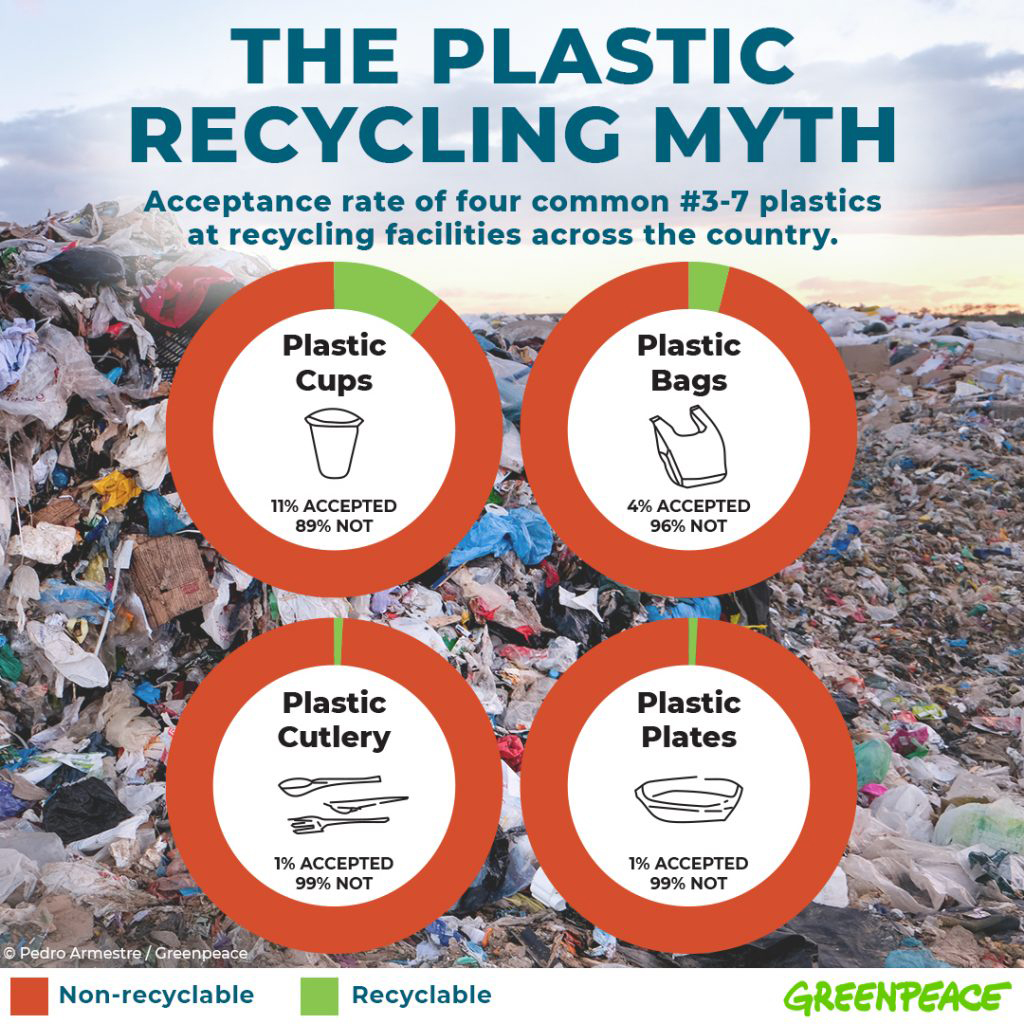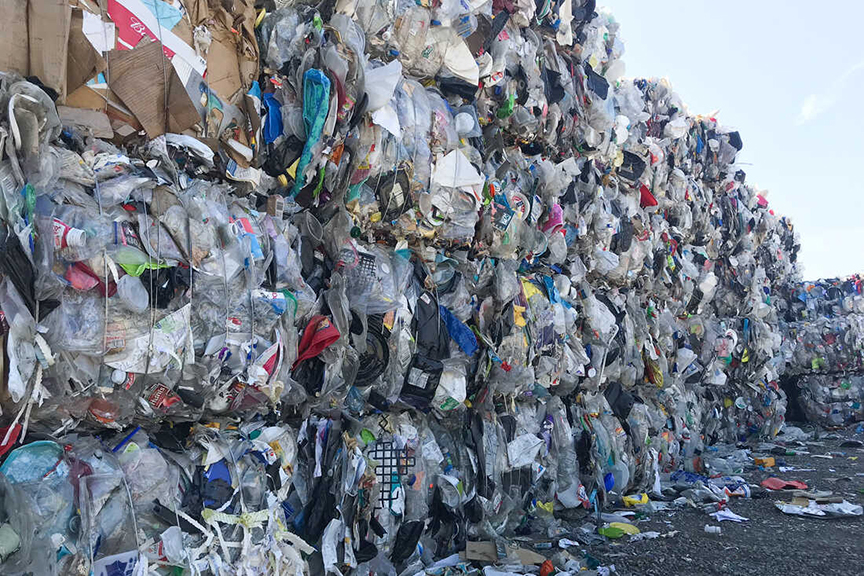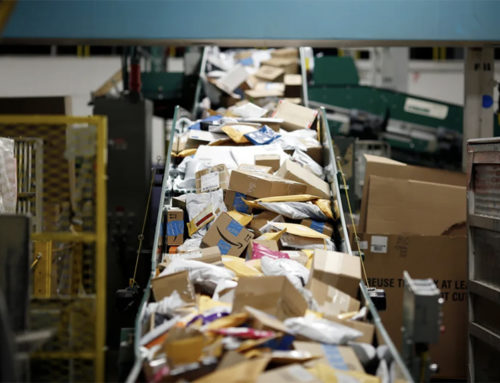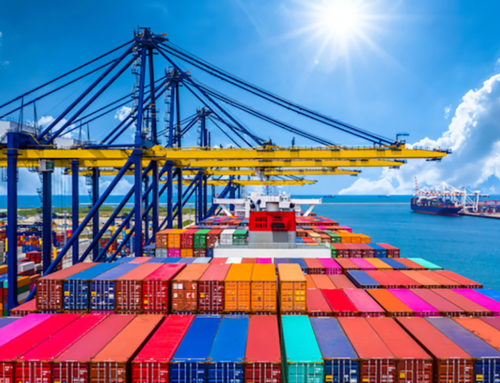As the planet grapples with the environmental consequences of plastic pollution, the Plastics Industry Association has taken center stage with a surprising move. Instead of addressing the real issues posed by plastic waste and working towards sustainable solutions, they have launched a new $1 million advocacy campaign to perpetuate the recycling myth. Greenpeace USA, a renowned environmental organization, has slammed this campaign for misleading the public and diverting attention from the true problems caused by plastic. But what’s the real story behind this clash of ideals?

The Plastic Predicament:
Lisa Ramsden, Greenpeace USA’s senior plastics campaigner, has pointed out a fundamental truth: the plastics industry’s primary motivation is profit. With plastic production driving their riches, the industry is turning a blind eye to the devastating consequences that plastic waste has on our health, climate, and oceans. Ramsden emphasizes that no amount of marketing spin can change the fact that single-use plastic must follow in the footsteps of ozone-destroying CFCs, asbestos, and DDT.
Recycling Reality:
One of the core issues Ramsden raises is the recycling myth perpetuated by the plastics industry. The data is grim – less than 9% of plastics ever produced have been recycled, and less than 1% has been recycled more than once. Additionally, recycled plastic often carries toxic substances, posing a threat to both human health and the environment. Simply labeling something as “recyclable” doesn’t guarantee that it will actually be recycled. Unfortunately, the majority of plastics end up being incinerated, buried in landfills, or polluting our neighborhoods and waterways.
The Call for Change:
Greenpeace USA’s solution to this plastic crisis is clear and compelling: a drastic reduction in plastic production. To secure our climate and safeguard human health, human rights, communities, and the planet, plastic production must be slashed by at least 75%. This bold step aims to keep global temperatures below the critical 1.5°C threshold.
Global Plastics Treaty:
Greenpeace USA is not just advocating for change on the ground; they are also pushing for international action. Ramsden calls for a robust Global Plastics Treaty that places caps on production and eliminates unnecessary plastic types and uses. This treaty would usher in a new era, one where environmental protection and human well-being take precedence over profit margins.
In the face of an environmental crisis exacerbated by plastic pollution, the Plastics Industry Association’s $1 million recycling myth campaign appears as a calculated distraction from the real issue. Greenpeace USA, shows by advocating for a Global Plastics Treaty and demanding a 75% reduction in plastic production, the reality behind the vision of a sustainable future, is to stop producing so much plastic, especially disposable plastic packaging.






